What Are the Risks of Food Poisoning from Hash Browns?
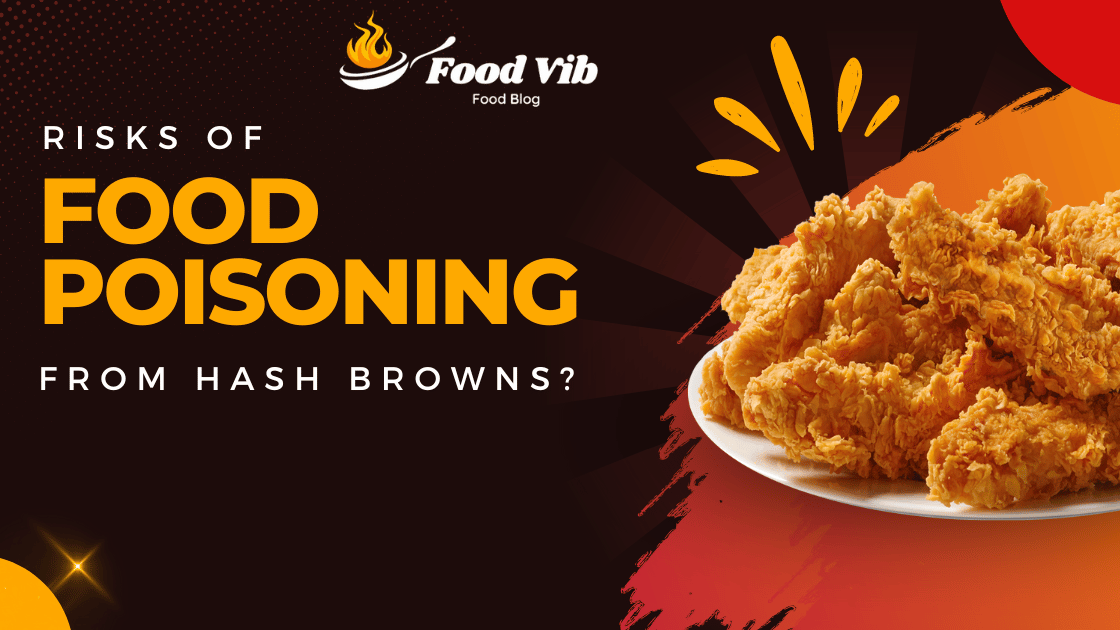
Food poisoning is a serious health concern that can be caused by consuming contaminated food, including hash browns. These popular breakfast potatoes are made from shredded and fried potatoes, making them susceptible to bacterial growth if not prepared and stored properly. Consuming undercooked or expired hash browns can lead to symptoms such as nausea, vomiting, diarrhea, and abdominal pain. It is important to handle and cook hash browns according to safe food handling practices to avoid the risk of food poisoning.
This includes cooking them thoroughly, storing them at the correct temperature, and avoiding cross-contamination with other raw foods. By following these precautions, you can safely enjoy delicious hash browns without worrying about the risks of food poisoning.
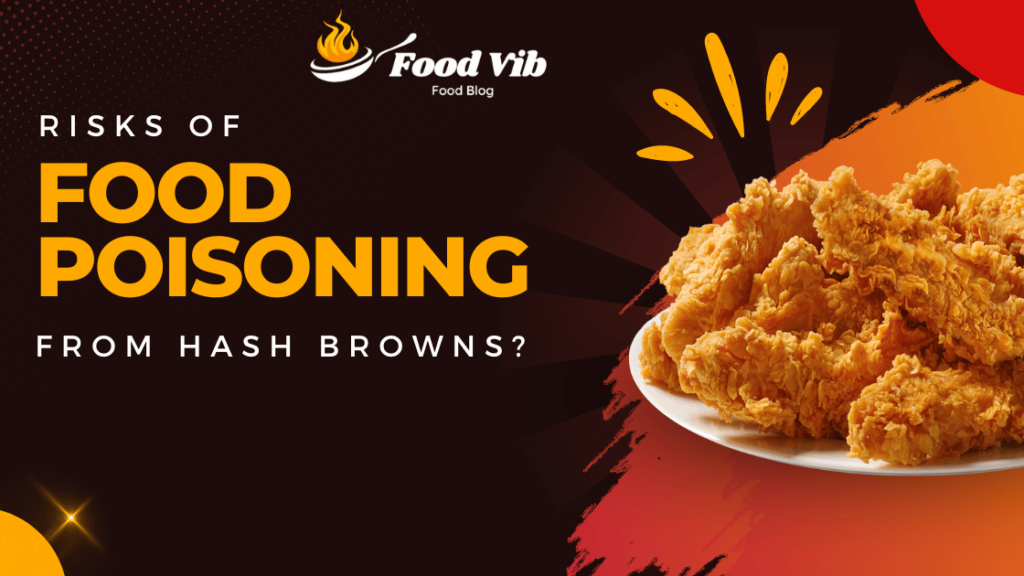
Risks of Food Poisoning from Hash Browns?
Bacteria Buddies:
Hash browns are made from potatoes, and when they’re chopped and cooked, bacteria can join the party. If the potatoes aren’t handled or cooked properly, bacteria like Salmonella or E. coli might crash your hash brown party.
Storage Slip-ups:
Sometimes, hash browns can be stored in places where they shouldn’t be – like warm temperatures. This is like giving germs a nice home. If they’re not chilled properly, germs can grow and make your hash browns a risky treat.
Cross-Contamination Cha-Cha:
If the surfaces and tools used to make hash browns are hanging out with raw meats or other bacteria-harboring foods, they can pass on the germs. Imagine it as a dance floor where bacteria moves from one partner to another, and your hash browns might catch the bug.
Undercooked Oopsie:
Sometimes, in the rush to enjoy crispy hash browns, they might not be cooked all the way through. If the insides aren’t properly cooked, any germs that hitched a ride on the potatoes might survive the cooking process, putting your health at risk.
Ingredient Intruders:
If you add items like eggs or veggies to your hash browns, they bring their own risks. Raw eggs can carry Salmonella, and raw veggies might carry dirt or germs. Make sure everything playing in your hash brown band is clean and safe.
Oil Overindulgence:
Deep frying hash browns is a popular cooking method, but if the oil isn’t hot enough, it might not kill off germs. Using old oil or not keeping the right temperature can turn your hash brown party into a bacteria bash.
Leftover Lurkers:
Hash browns can be leftovers, and if they hang out in the fridge for too long, germs can grow. Just because they look and smell fine doesn’t mean they are. Be careful with those old hash browns in the back of the fridge.
Must Read: The Devastating Impact of Scottish Food
7 Tips to Reduce the Risk of Food Poisoning from Hash Browns
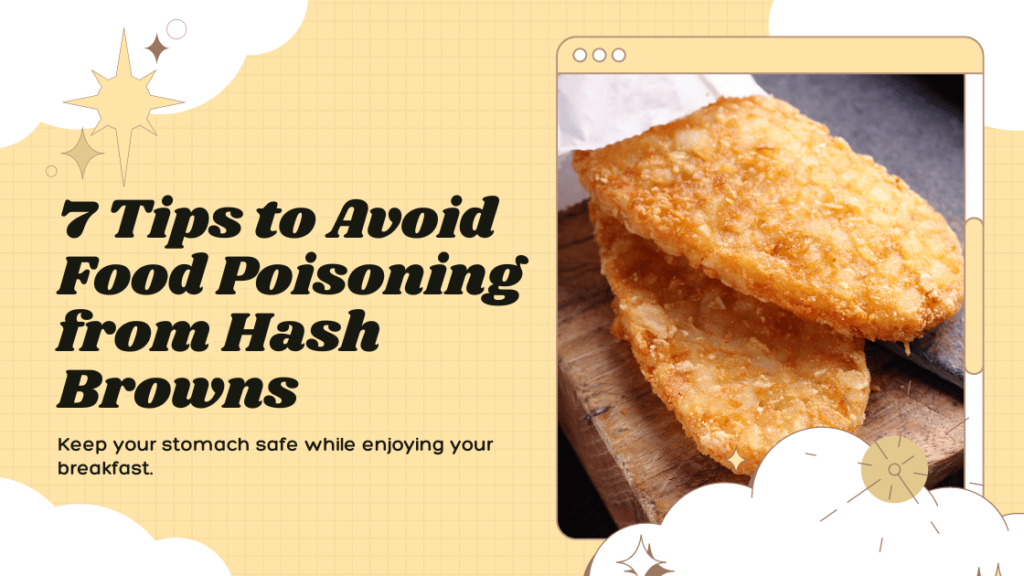
1. Wash Your Hands Thoroughly:
Before touching any food, especially hash browns, wash your hands with soap and warm water for at least 20 seconds. This helps remove germs that could spread to the food.
2. Keep Ingredients and Utensils Clean:
Make sure the cutting board, knife, and any other tools used in the making of hash browns are clean. Wash them with hot, soapy water to prevent cross-contamination.
3. Store Potatoes Properly:
Store potatoes in a cool, dark place away from other food. Check for any signs of growth, green spots, or rot, and remove any damaged potatoes.
4. Cook Hash Browns Thoroughly:
Cook hash browns until they reach a light brown color and have a crispy texture. Use a food thermometer to ensure the internal temperature hits at least 165°F (74°C) to kill dangerous germs.
5. Avoid Cross-Contamination:
Keep raw hash browns away from ready-to-eat foods to prevent cross-contamination. Use different cutting boards and tools for raw and cooked foods.
6. Refrigerate Leftovers Promptly:
If you have extra hash browns, freeze them within two hours of cooking. Store them in sealed cases to avoid the growth of germs in the refrigerator.
7. Be Mindful of Expiry Dates:
Check the expiration dates on packed hash browns before buying. Avoid buying or using goods that are past their expiration date to ensure freshness and safety.
Conclusion:
In conclusion, protecting against food poisoning from hash browns is a matter of easy yet crucial steps. By following good cleanliness practices, such as careful handwashing, keeping tools clean, and ensuring proper cooking temps, you greatly reduce the risk of contamination.
Storing potatoes correctly, avoiding cross-contamination, quickly refrigerating leftovers, and being aware of product expiration dates further add to a safe and enjoyable eating experience. These practical measures allow you to enjoy delicious hash browns with confidence, valuing both taste and food safety.
Must Read: The Impact of Spicy Food On My Health Learn Now

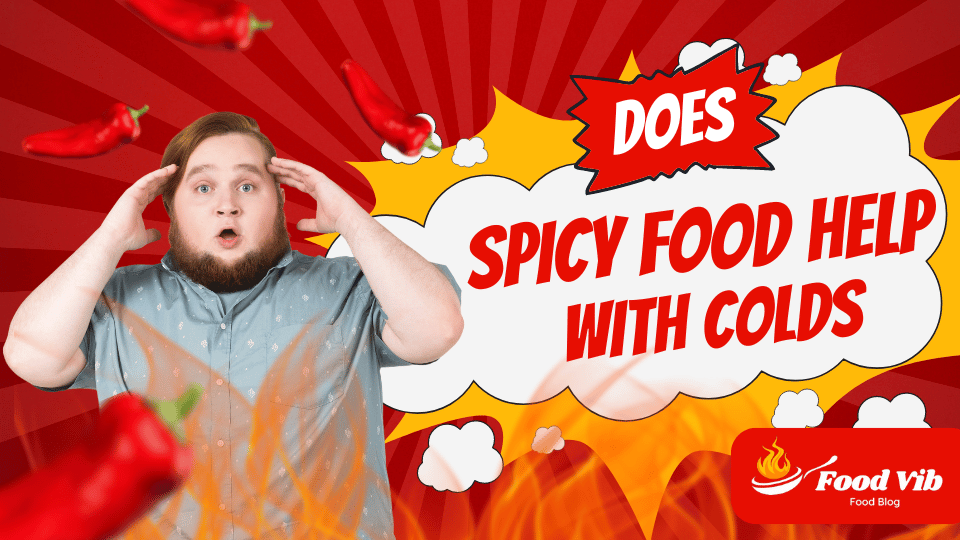


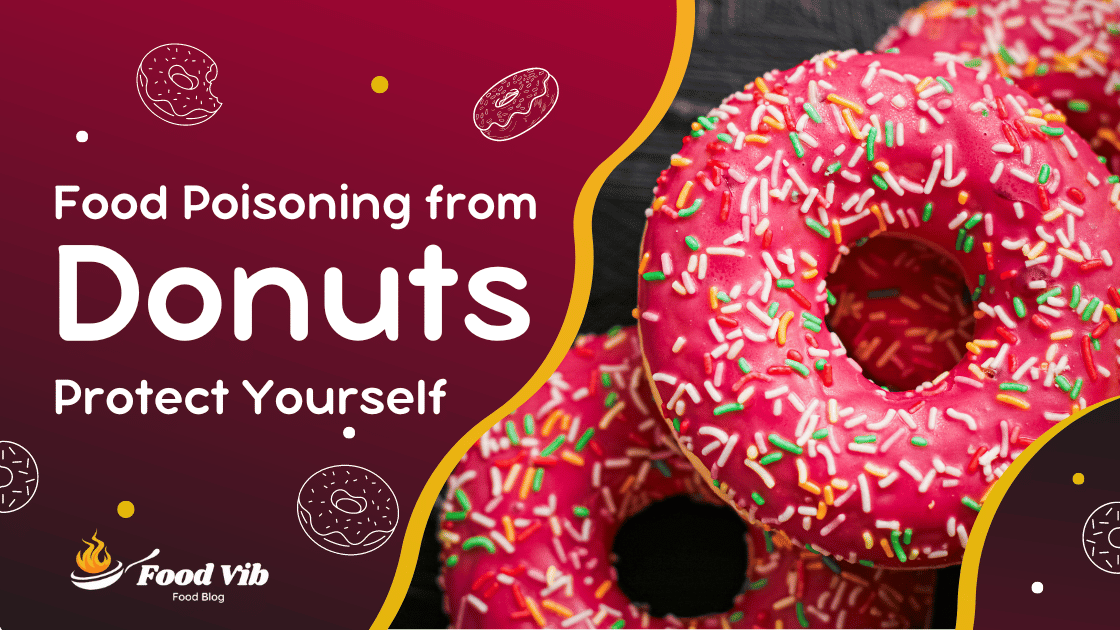
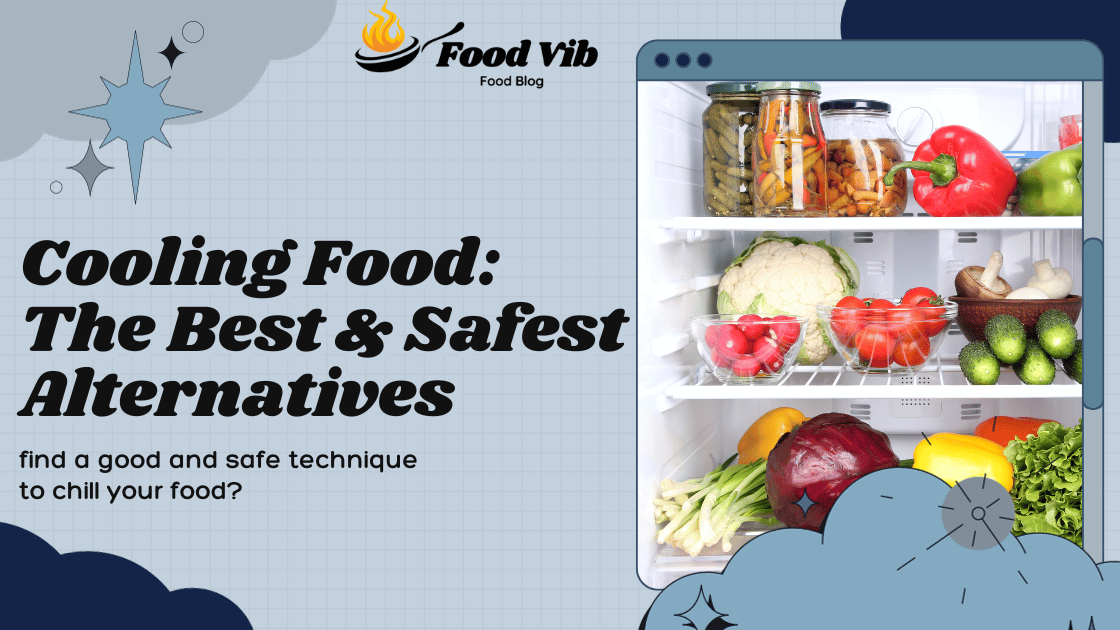
One Comment